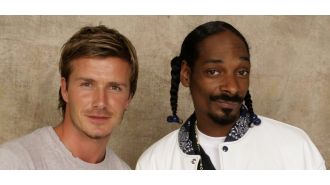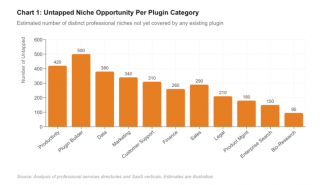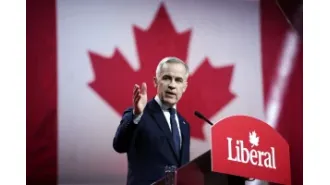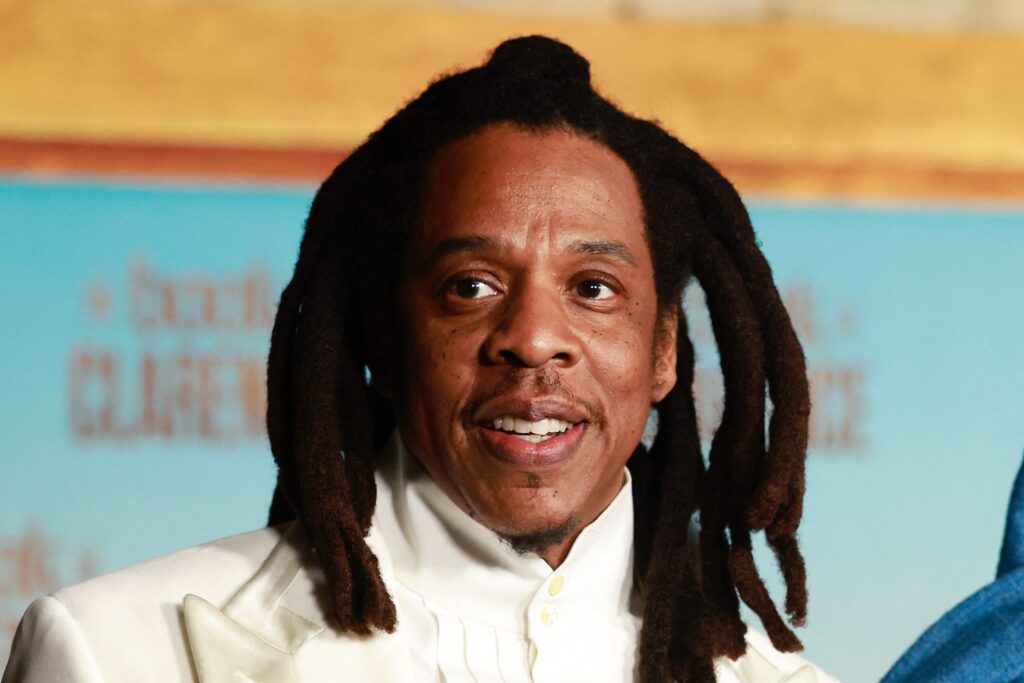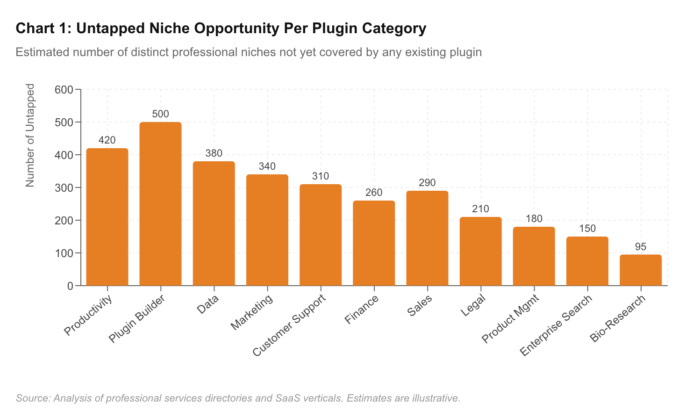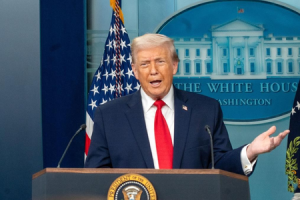Trump will speak to powerful religious supporters who endorse him but desire a country-wide ban on abortion.
Trump to address evangelical group, facing pressure to take stronger stance against abortion from his loyal supporters.

Donald Trump is scheduled to address a group of influential evangelicals on Saturday, a key part of his base who have been vocal supporters of his presidency. However, while they remain fiercely loyal to Trump, they would like to see him take a stronger stance on restricting abortion.
This issue has caused some tension within the evangelical movement, as Trump has expressed opposition to signing a nationwide ban on abortion and has been hesitant to share his views on the matter. This differs from the beliefs of many evangelical Christians, who consider abortion to be a crucial issue and want their elected officials to stand firmly against it.
Although Trump has nominated three Supreme Court justices who have overturned the right to abortion, he has also argued that supporting a national ban could harm the Republican party politically. This is supported by polling data showing that the majority of Americans believe abortion should be legal.
Ralph Reed, the founder and chairman of the Faith & Freedom Coalition, which Trump will be addressing on Saturday, acknowledges that many within the movement would like to see a federal ban on abortion. They want elected officials to be "profiles in courage" who are unapologetically pro-life. However, Reed believes that Trump's positions on this issue do not put him at risk of losing the support of evangelical voters. He points to Trump's track record and his contributions to the pro-life and pro-family cause, which he believes are unparalleled by any other president.
Some attendees at the event, like 78-year-old retired social worker and Faith & Freedom member Jerri Dickinson, expressed a preference for a national ban on abortion. However, they also understand that, according to the Constitution, this decision should be left to the states. Dickinson, who hails from New Jersey, mentions her dissatisfaction with the current abortion law in her state, which does not have any restrictions based on gestational age. Despite this, she believes that leaving the matter to the states is the best alternative.
John Pudner, who recently started a Faith & Freedom chapter in Wisconsin, echoes this sentiment. He says that while members of the movement are loyal to Trump, they would like him to be more pro-life. Pudner also acknowledges that there are some within the pro-life community who feel that Trump is too pro-choice. However, they are grateful for his appointments to the Supreme Court and view this as a positive move for the pro-life cause.
According to AP VoteCast, a survey of the electorate, a significant majority of white evangelical Christian voters supported Trump in the 2020 election. They made up about 20% of the overall electorate that year. In addition to their own support, Reed's group plans to mobilize volunteers and paid workers to knock on doors in key battleground states and get out the vote for Trump and other Republican candidates.
Trump has taken credit for the reversal of Roe v. Wade, the landmark Supreme Court decision that legalized abortion nationwide. However, he has also acknowledged that this is a sensitive issue for Republicans and has been evasive when it comes to his position on a national ban. Last year, during his address to Reed's group, he mentioned the federal government's role in protecting unborn life but did not provide any further details. In April of this year, he stated that the issue should be left to the states and later said in an interview that he would not sign a nationwide ban on abortion if it was passed by Congress. He has also declined to share his views on women's access to the abortion pill mifepristone.
In 2016, white evangelical Christians were initially hesitant to support Trump due to his reputation as a twice-divorced celebrity from New York City who had previously identified as pro-choice. However, his promise to appoint pro-life justices to the Supreme Court and his selection of Mike Pence, an evangelical Christian, as his running mate helped him gain the support of the movement.
Several Republicans who are potential running mates for Trump are also speaking at the conference, including New York Representative Elise Stefanik, former presidential candidate and Housing Secretary Ben Carson, and Arizona Senate candidate Kari Lake. Reed says that members of his coalition are paying close attention to these potential picks, hoping that Trump will choose someone who shares his pro-family, pro-life, and pro-Israel values and has the ability to attract new supporters. He adds that it's difficult to identify a frontrunner among the potential candidates, as they are all strong contenders in his eyes.
Later in the day, Trump is scheduled to hold a rally in Philadelphia. Associated Press writer Amelia Thomson DeVeaux contributed to this report.


